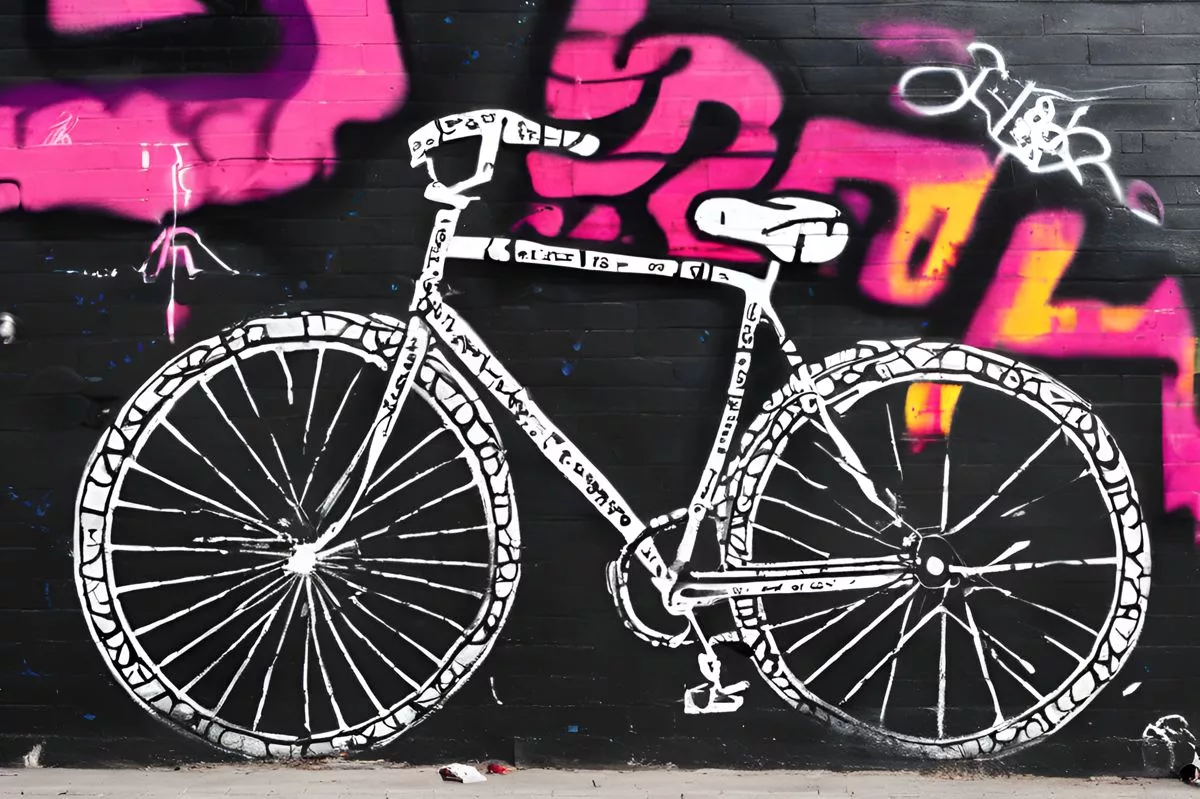The debate continues in Cape Town on balancing urban structure and safety in cycling paths. Initially, hailed as an efficient transport network, crime has transformed these paths into epicenters of unlawful activity. The city has decided to close numerous cycling paths and pedestrian walkways, but citizens are invited to engage in the decision-making process for a democratic outcome. Despite the closures, there is hope as residents can lease the land and convert it into gardens, reflecting the city’s ongoing adaptability and resilience in confronting adversity.
Balancing urban structure and safety in Cape Town’s cycling paths has been an ongoing debate. While the city’s cycling paths and pedestrian walkways were hailed as integral elements of an efficient transport network, crime has transformed them into epicenters of unlawful activities. The city has initiated the closure of numerous cycling paths and pedestrian walkways, marking a radical departure from the original intent. However, citizens are invited to engage in this process for a democratic and inclusive decision-making process.
Setting The Stage: Cape Town’s Cycling Lanes
Hailed as “integral elements of an efficient transport network“, Cape Town’s cycling paths and pedestrian walkways have emerged as a hot topic in the city’s ongoing discourse about urban development. Ten years ago, these paths were lauded as the city’s bold move towards incorporating various modes of transportation. Presently, the glaring discrepancy between the city’s aspirations and the harsh realities couldn’t be more apparent.
During the early part of the 2010s, urban developers were filled with hope and optimism. The proliferation of cycling paths and pedestrian routes throughout Cape Town marked a novel phase in city transportation. During the five-year period from 2012 to 2017, the city’s physical appearance underwent a significant transformation, mirroring a metropolis designed to facilitate a future where pedestrians and bikers could navigate the city independently of motorized vehicles.
The Deterioration: Crime Shadows Progress
However, the lofty aspirations were quickly dampened by an unexpected foe: crime. The urban developer’s utopian vision of a robust network of cycling lanes morphed into ill-lit epicenters of unlawful activities. These routes, initially conceived to symbolize liberation and mobility, transformed into escape conduits for criminals and refuges for gang-related activities. The cry for intervention from the local populace escalated into an urgent demand as their dreams of safe, accessible transport were hijacked by a terrifying reality.
The city’s governance was faced with a challenging decision. In a recent week, a momentous announcement was made from the City Hall: Cape Town would initiate the closure of numerous cycling paths and pedestrian walkways, with 15 already closed in Mitchells Plain. A shocking total of 72 have been closed, with an additional 265 poised for shutdown. As pointed out by Mayor Geordin Hill-Lewis, the decision carries a hefty price tag, with an estimated expense of R33,000 per lane and a total of R600,000 appropriated from the Mayoral fund.
The Reversal: A Pragmatic Shift in Vision
This event marks a radical departure from the original intent. The socio-economic strains intensified by the COVID-19 outbreak, coupled with incessant crime, have forced the city to recalibrate its ambitious urban development strategy. However, this decision is not spontaneous and is born out of a comprehensive public participation process.
Citizens are invited to engage in this process, providing their feedback on the proposed closures. Moreover, inputs from the Urban Mobility Directorate and the Safety and Security Directorate are of vital importance in shaping the final verdict. The closure must secure the full endorsement of the affected property owners and residents in the vicinity, ensuring a democratic and inclusive decision-making process.
Interestingly, Deputy Mayor Eddie Andrews provides a shimmer of hope in the midst of this transformation. Although the closures may seem like a retrograde step, they could offer residents a chance to extend their private spaces. “Residents whose properties border the affected lanes can lease the land from the city and convert it into gardens,” suggests Andrews. However, it is important to note that the city retains ownership of the land, disallowing any construction activities.
The Takeaway: A Dynamic Urban Planning Dialogue
The saga of Cape Town’s cycling lanes presents a fascinating study of urban development wrestling with societal obstacles. It serves as a testament to the city’s ongoing adaptability and resilience in confronting adversity. The cycling lanes may be closing, but the discussions surrounding Cape Town’s future in urban development are far from concluded.
1. What is the ongoing debate in Cape Town regarding cycling paths?
The ongoing debate in Cape Town is about balancing urban structure and safety in cycling paths.
2. Why have numerous cycling paths and pedestrian walkways been closed in Cape Town?
Numerous cycling paths and pedestrian walkways have been closed in Cape Town due to the transformation of these paths into epicenters of unlawful activity caused by crime.
3. Who is invited to engage in the decision-making process regarding the closures of the cycling paths?
Citizens are invited to engage in the decision-making process regarding the closures of the cycling paths for a democratic outcome.
4. Can residents lease the land of the closed cycling paths?
Yes, residents whose properties border the affected lanes can lease the land from the city and convert it into gardens.
5. Does the closure of cycling paths mark a retrograde step in urban development?
The closure of cycling paths is a radical departure from the city’s original intent but reflects a pragmatic shift in vision due to socio-economic strains intensified by the COVID-19 outbreak and incessant crime.
6. What does the saga of Cape Town’s cycling lanes represent?
The saga of Cape Town’s cycling lanes represents a fascinating study of urban development wrestling with societal obstacles. It serves as a testament to the city’s ongoing adaptability and resilience in confronting adversity.












